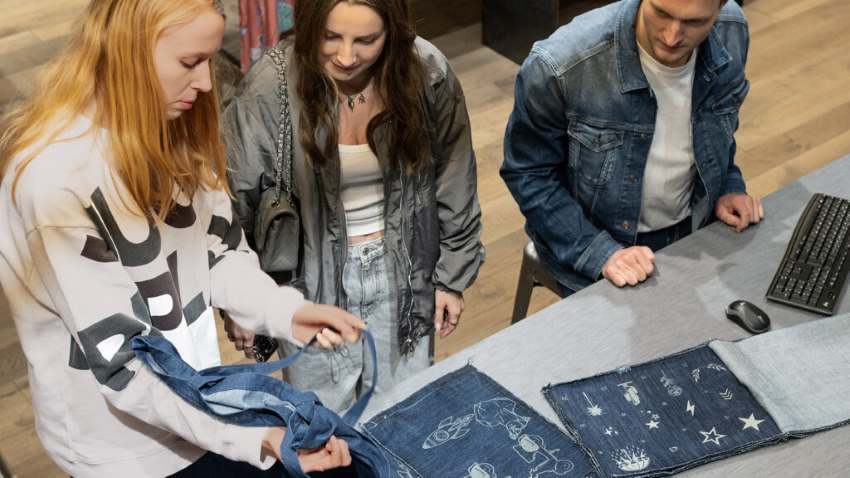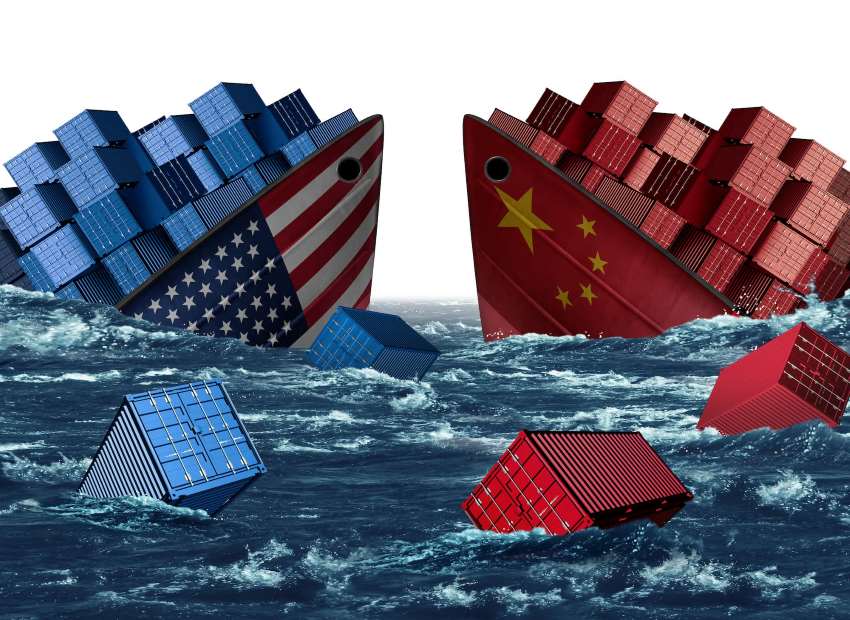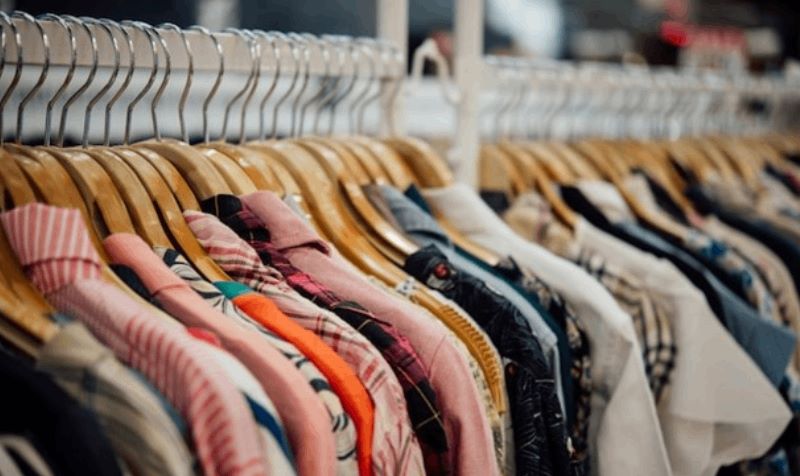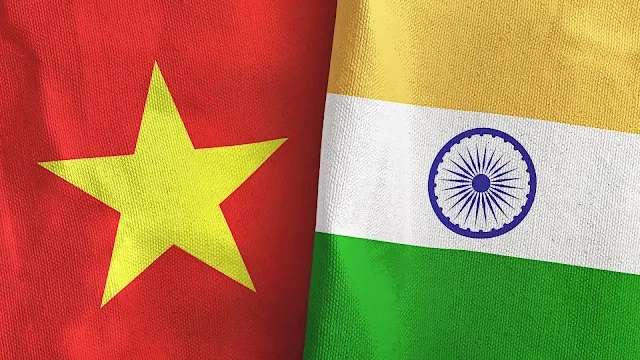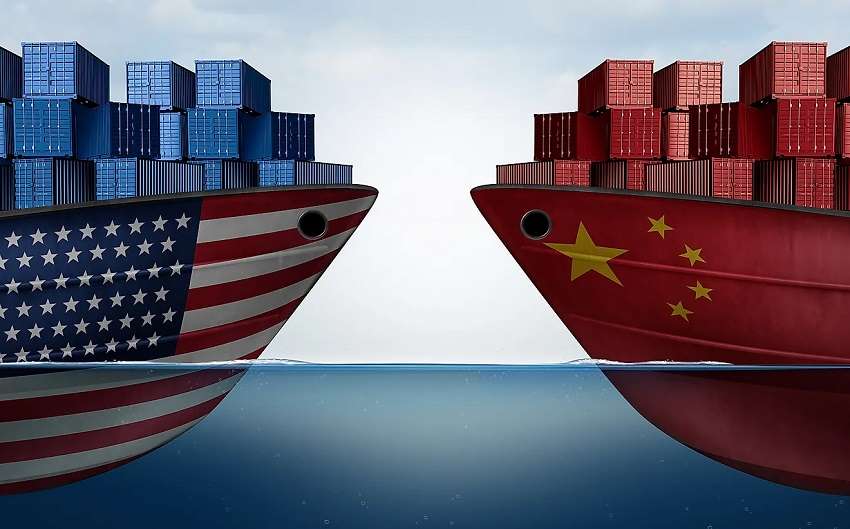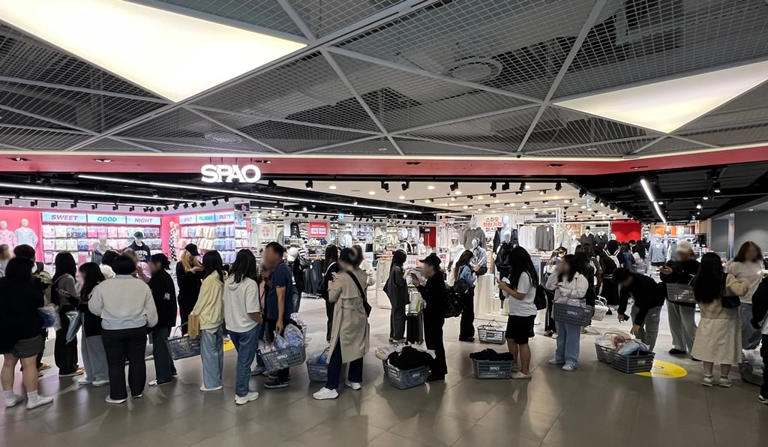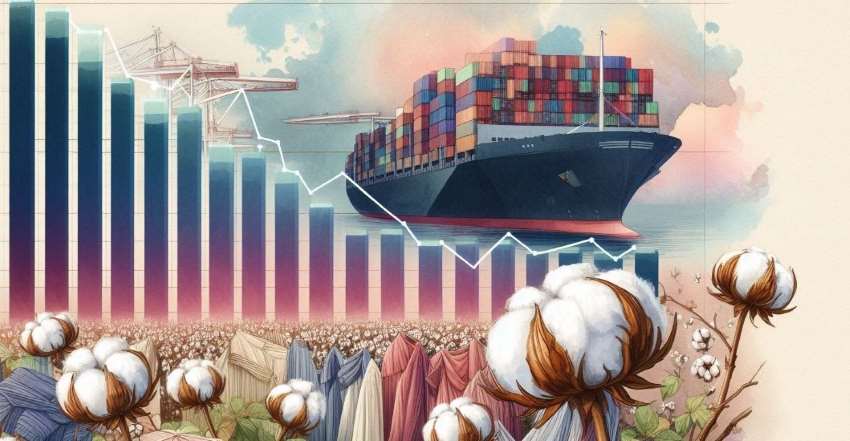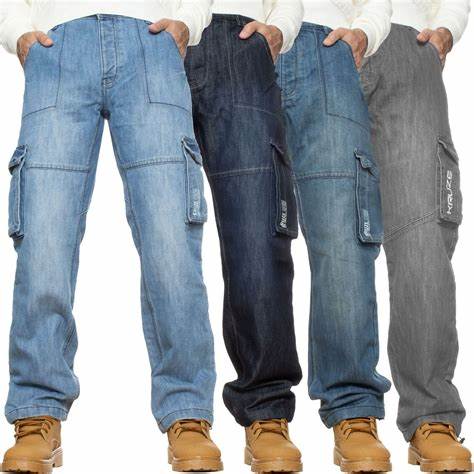"Toronto Women's Fashion Week held recently focused on sustainable fashion paradigms. Peggy Sue Deaven-Smiltnieks's sophomore Peggy Sue Collection brought down the house with her farm-to-high-fashion designs one day after former Project Runway Canada star Evan Biddell showcased his saucy repurposed Value Village collection."
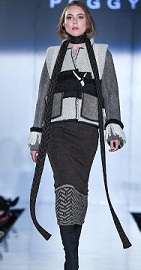
Toronto Women's Fashion Week held recently focused on sustainable fashion paradigms. Peggy Sue Deaven-Smiltnieks's sophomore Peggy Sue Collection brought down the house with her farm-to-high-fashion designs one day after former Project Runway Canada star Evan Biddell showcased his saucy repurposed Value Village collection.
Today, ethical fashion brands are going after a growing demographic of ‘aspirationals’ – a mix of hopeful millennials and Gen-Xers that like to shop but prefer supporting brands with integrity. In the past, a lot of companies just tagged ‘organic’ or ‘green’ on garments because it was trendy. In a post-Paris-climate-change-agreement world, economic drivers for sustainability have changed gears. There's a lot more awareness around how to have a triple bottom line approach (people, planet, profits), says Kelly Drennan, who's worked with over 400 designers and brands as founder of sustainable fashion non-profit Fashion Takes Action. Brands are entrenching sustainability throughout the supply chain. They are building proper sustainability teams instead of just tacking on a sustainable marketing director and greenwashing.
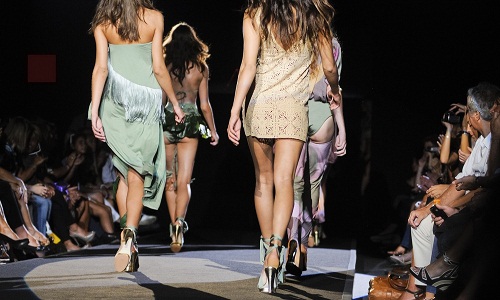
Lately Mango has a new, mostly organic cotton collection in stores this season called Mango Committed. Zara has rolled out more than 150 products for the second season of its Join Life collection, spotlighting, amongst other green fabrics, a cool new closed-loop material called Refibra made of recycled Tencel and cotton scraps. H&M's Conscious collection is bigger than ever, including – just in time for Earth Day – a pleated gown in a fabric called Bionic, a polyester made from recycled plastic shoreline waste. The Swedish clothing giant now says it is 26 per cent of the way toward its target of using exclusively sustainable fabrics by 2030.
In the past too, there have been many instances of organic clothing from Aritzia (with its once-green Community line), Lululemon (the Oqoqo line), Levi's, even La Senza, but all these brands pulled them quite soon. How will the sustainable fashion wave tide through the storms remains to be seen?
Sustainability a growing expanse
A 2016 report by the Clean Clothes Campaign, International Labor Rights Forum, Maquila Solidarity Network and Worker Rights Consortium on the safety action plans for H&M's suppliers in Bangladesh concluded that the majority of H&M's factories are still not safe. Greenpeace, however, considers H&M, Zara and Benetton industry leaders for purging a long list of nasty water- and air-polluting chemicals that poison rivers and lungs in places like China and India. So far, 76 major brands, retailers and suppliers have pledged to clean up their acts as part of Greenpeace's Detox My Fashion campaign.
As of now, 100 brands have joined environmental non-profit Canopy Style's push to stop sourcing fabrics derived from ancient and endangered forest. At this point, more than 70 million trees are logged every year (and dissolved with alarmingly neurotoxic chemicals) to make silky forest fibres like rayon/viscose and modal.
How are Indian designers faring?
Back home, designers are also doing the math to distinguish themselves and let consumers know they are producing more thoughtfully. Instead of grinding out fast fashion in dizzying quantities, they are slowing production schedules, making more durable, seasonless garments and aiming for zero waste, all while trying to pay workers a decent wage.

